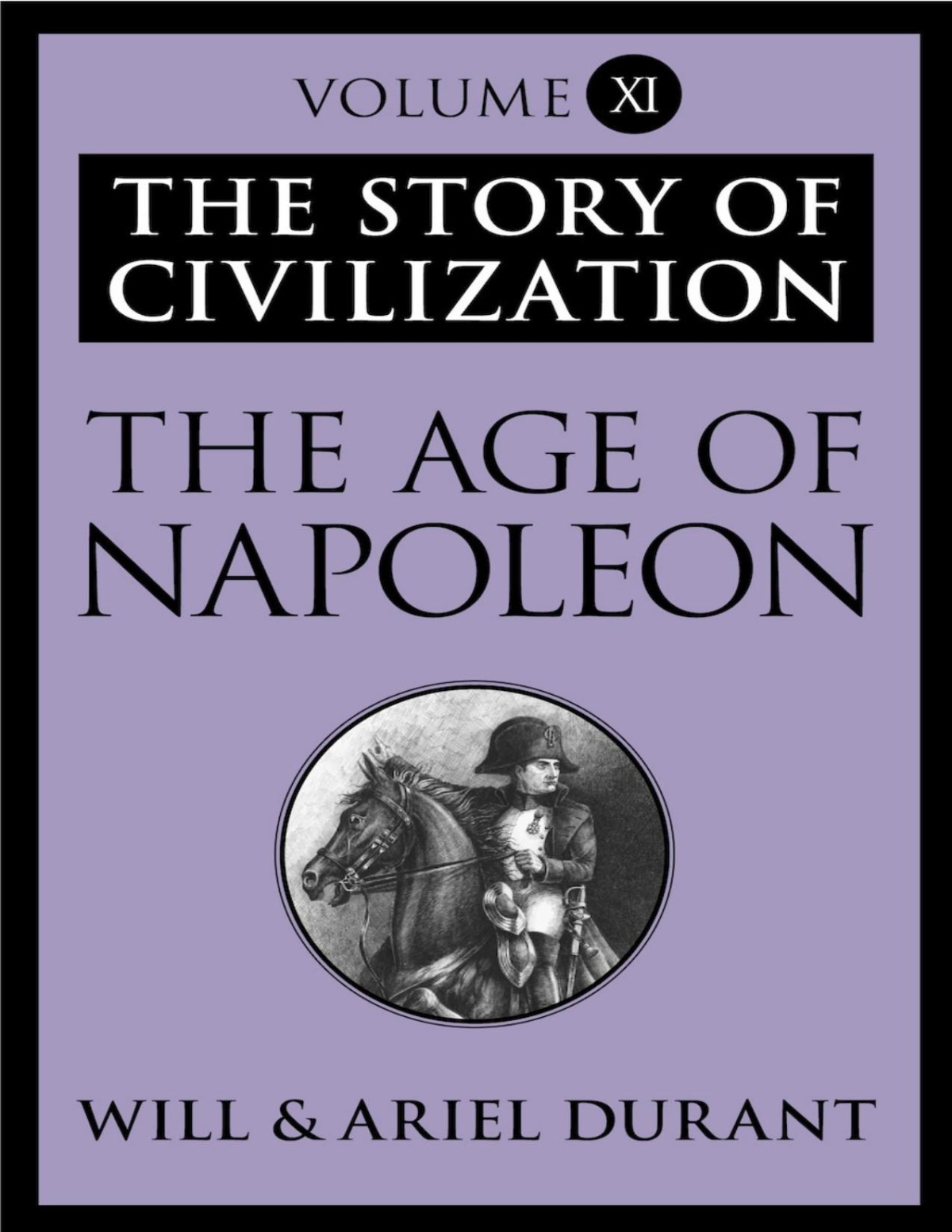

Most ebook files are in PDF format, so you can easily read them using various software such as Foxit Reader or directly on the Google Chrome browser.
Some ebook files are released by publishers in other formats such as .awz, .mobi, .epub, .fb2, etc. You may need to install specific software to read these formats on mobile/PC, such as Calibre.
Please read the tutorial at this link: https://ebookbell.com/faq
We offer FREE conversion to the popular formats you request; however, this may take some time. Therefore, right after payment, please email us, and we will try to provide the service as quickly as possible.
For some exceptional file formats or broken links (if any), please refrain from opening any disputes. Instead, email us first, and we will try to assist within a maximum of 6 hours.
EbookBell Team

4.8
104 reviewsBritannica (XVI, Ioa), “the literature on Napoleon already numbered more
than 100,000 volumes.” Why add to the heap? We offer no better reason than
to say that the Reaper repeatedly overlooked us, and left us to passive living
and passive reading after 1968. We grew weary of this insipid and
unaccustomed leisure. To give our days some purpose and program we
decided to apply to the age of Napoleon (1789–1815) our favorite method of
integral history—weaving into one narrative all memorable aspects of
European civilization in those twenty-seven years: statesmanship, war,
economics, morals, manners, religion, science, medicine, philosophy,
literature, drama, music, and art; to see them all as elements in one moving
picture, and as interacting parts of a united whole. We would see Prime
Minister William Pitt ordering the arrest of author Tom Paine; chemist
Lavoisier and mystic Charlotte Corday mounting the guillotine; Admiral
Nelson taking Lady Hamilton as his mistress; Goethe foreseeing a century of
events from the battle of Valmy; Wordsworth enthusing over the French
Revolution, Byron over the Greek; Shelley teaching atheism to Oxford bishops and dons; Napoleon fighting kings and imprisoning a pope, teasing
physicians and philosophers, taking half a hundred scholars and scientists to
conquer or reveal Egypt, losing Beethoven’s dedication to the Eroica for an
empire, talking drama with Talma, painting with David, sculpture with
Canova, history with Wieland, literature with Goethe, and fighting a fifteen-
year war with the pregnable but indomitable Mme. de Staël. This vision
roused us from our septua-octo-genarian lassitude to a reckless resolve to turn
our amateur scholarship to picturing that exciting and eventful age as a living
whole. And shall we confess it?—we had nurtured from our
…